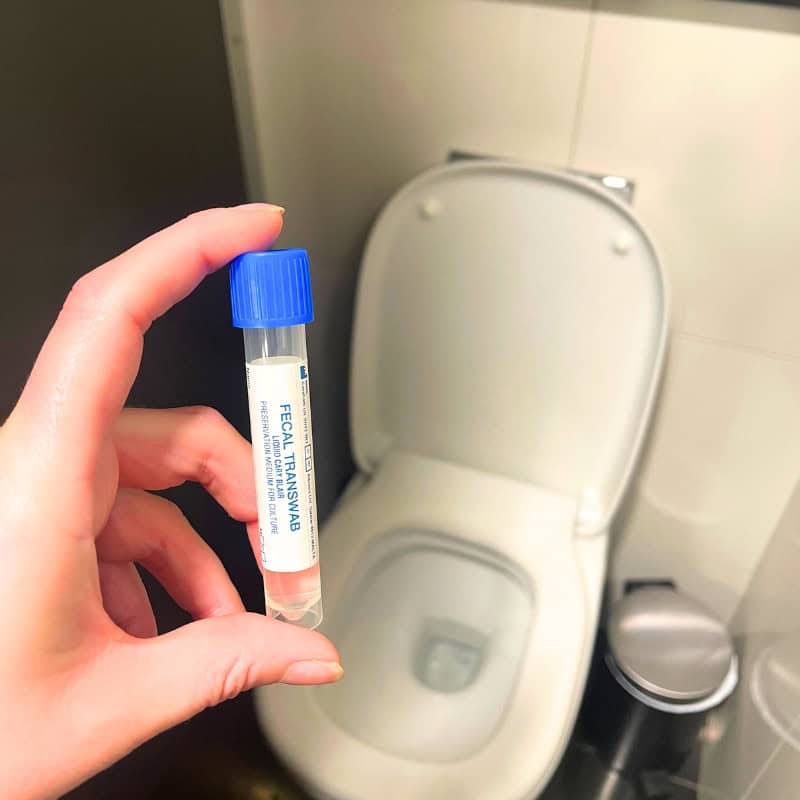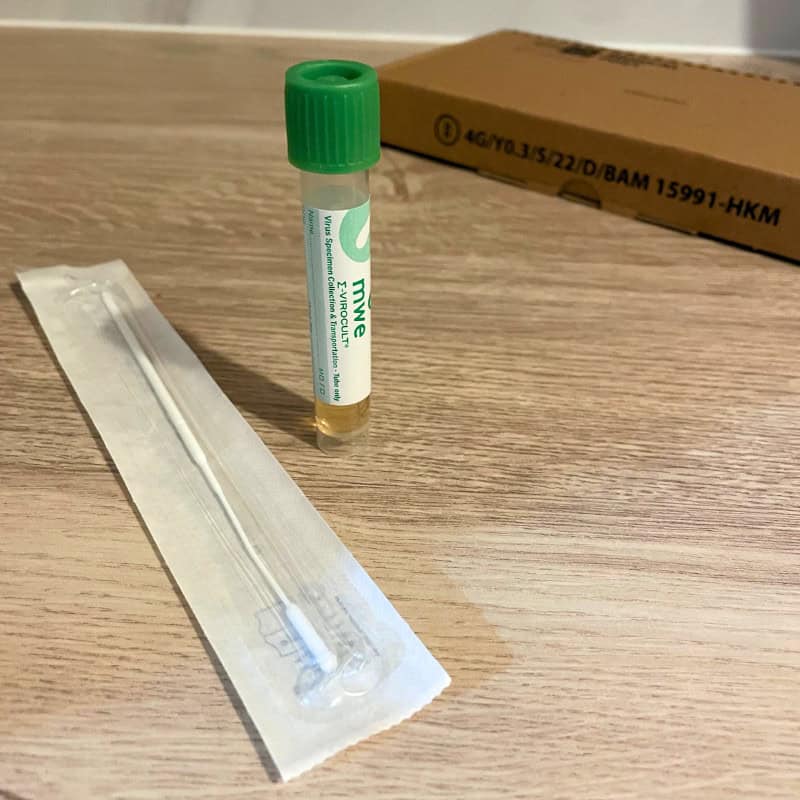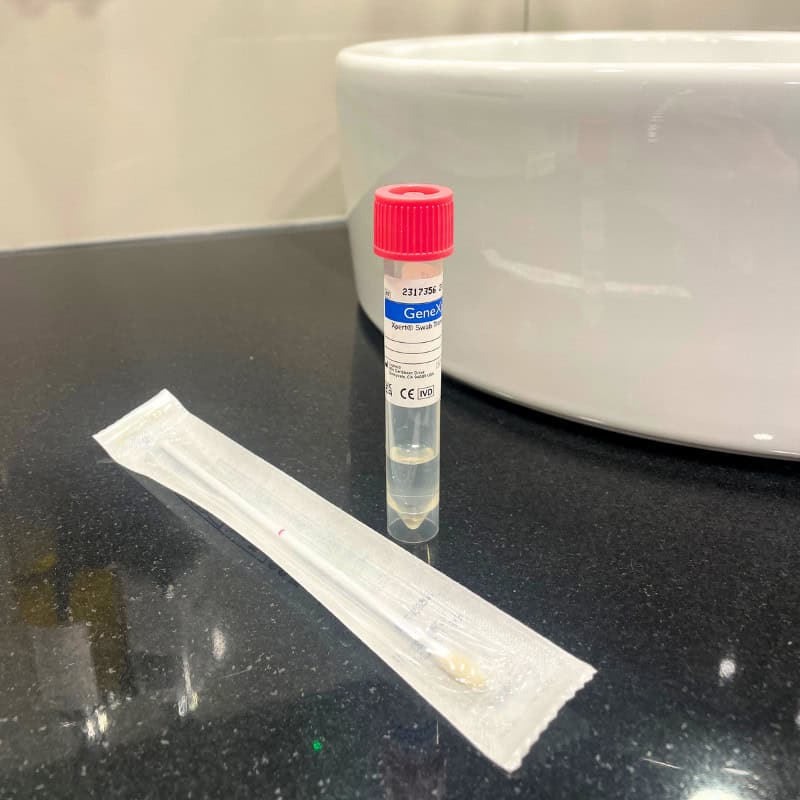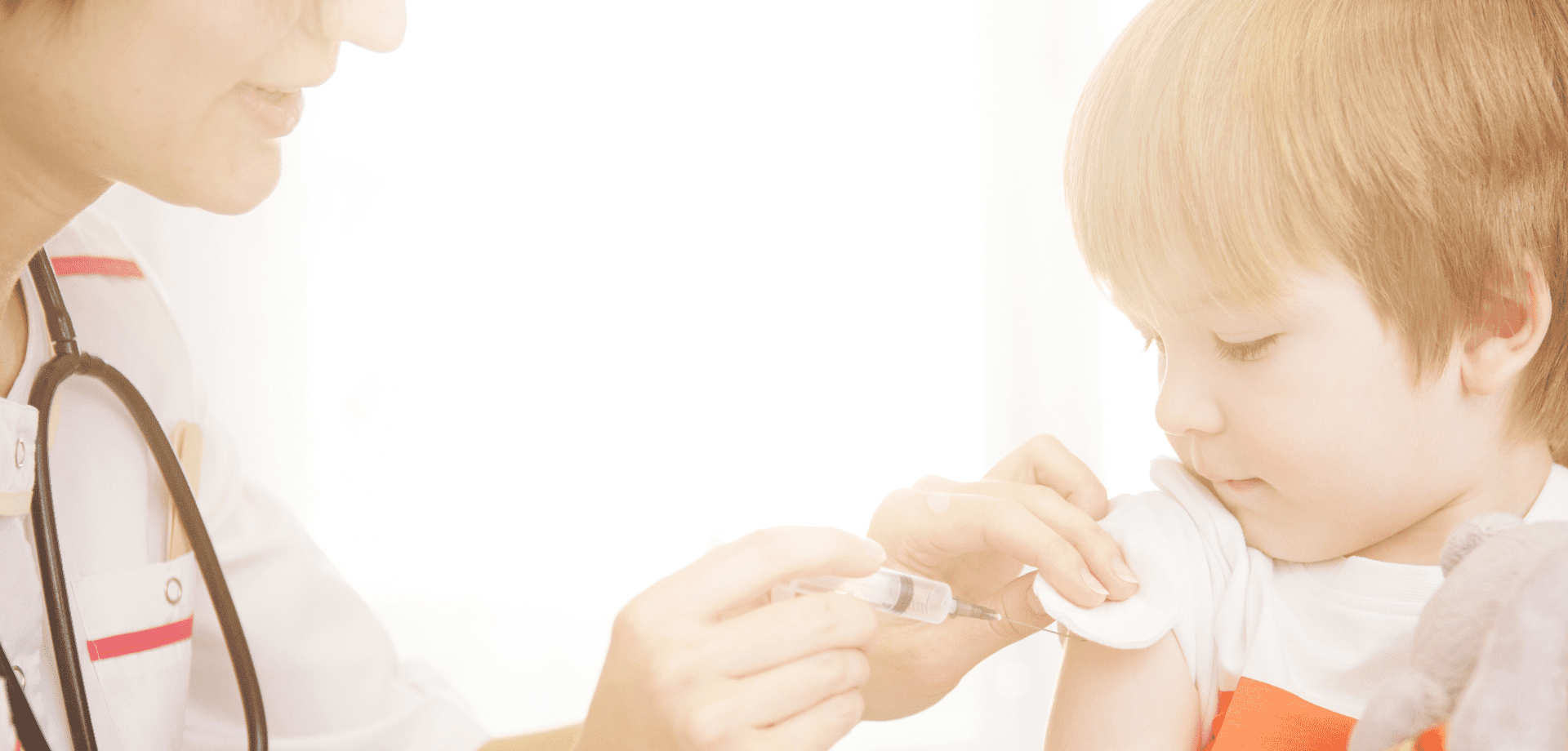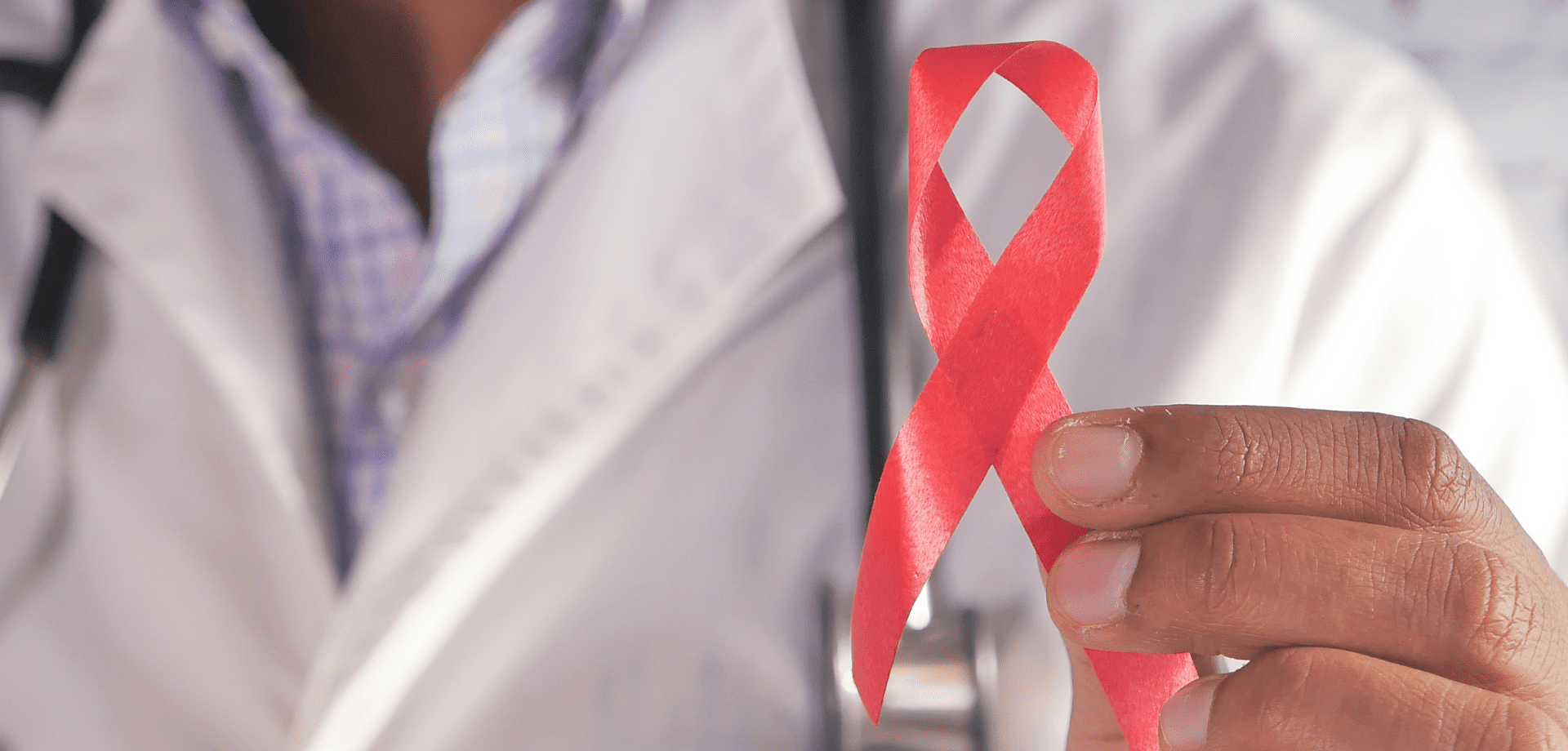Month: November 2018
Be sun smart on the slopes
Even if it is snowing, don’t assume that the sun’s rays are safe. The sun’s rays reflect off the snow and intensify them. Ensure you wear a high factor SPF, and use lip balm to prevent cracking. Polarised sunglasses that wrap around will prevent the UV rays causing damage to your eyes.
Don’t get caught out in the cold
Winter temperatures on the slopes often fall below zero, putting travellers at risk of cold-related injuries such as hypothermia and frostbite. When travelling in cold climates, ensure you wear warm clothing in layers. Heat is rapidly lost through hands and feet, so wearing a hat and gloves will help minimise heat loss.
Stopping altitude sickness at the summit
Some of Europes best slopes are found at altitudes higher than 2500m putting skiers at risk of altitude sickness. If you plan on skiing from the summits, make sure you prepare. Know the altitude you are going to, and recognise the symptoms of altitude sickness. Skiers could consider the use of altitude sickness medication acetazolamide (more commonly knows as Diamox) to prevent developing altitude related illness.
If you would like more travel advice we’d recommend an appointment with one of our travel nurses.
Book your travel appointment today
By Anna Chapman | Travel Nurse | November 2018
Christmas is coming and who doesn’t enjoy a Christmas market (or two!) A popular Christmas city break destination is Germany and visiting the fantastic Christmas markets is top of most travellers to-do list.
Read our advice on how to stay healthy during a winter city break in Germany:
Coughs, sneezes and Christmas wheezes
Christmas markets can be crowded places. A combination of cold damp weather and crowded areas means that it is easy to pick up a viral infection. Preventing the common cold can be helped by observing good hand hygiene to avoid that transfer on infection. If you do start with the sniffles, ensure you use a tissue to ‘catch it, kill it, bin it’ to stop the spread to others.
Festive Flu
Don’t let the flu spoil your festive fun. In the Northern Hemisphere, seasonal influenza occurs during the winter months, with peak season around Christmas. Flu is spread from one person to another via coughing and sneezing and it very contagious in populated areas. It can, however, be easily prevented with a single flu vaccine, which ideally should be given several weeks before the ‘flu season’ begins to provide optimal protection.
Have a Merry measle-free Market
In recent years, many countries in Europe have seen dramatic surges in the cases of measles. Measles is an acute viral infection that has the potential for severe complications. Merry market goers should ensure that they have received 2 doses of the measles-containing vaccination, commonly known as the MMR, to ensure they have adequate protection against the disease.
If you would like more travel advice we’d recommend an appointment with one of our travel nurses.
Book your travel appointment today
By Anna Chapman | Travel Nurse | November 2018
Have a bug-free beach life
Apart from causing an itch and inflammation, mosquitoes can leave more than just an irritation.
In the Caribbean, they have the ability to transmit diseases such as Dengue Fever, Zika Virus and Chikungunya.
Mosquito bite avoidance is recommended, here are our recommendations on how:
- Cover up with clothing
- Use insect repellents containing a minimum of 50% DEET on any exposed skin
- Consider treating clothes with permethrin
- Sleep under bed nets and use insect screens on doors.
- Reduce mosquito breeding sites by removing any water containers from outdoor areas
- Use air-conditioning
- Consider the use of plug-in electrical vaporisers which deter mosquitoes
- Use our Ultimate Bug Kit.
Dengue Fever & Chikungunya
There is currently no vaccine available to prevent either dengue nor chikungunya in travellers. However, without mosquitoes, individual sufferers are not directly contagious.
The risk for both diseases is thought to be higher during periods of intense mosquito feeding activity (two to three hours after dawn and during the early evening).
Zika
There is currently no vaccine available to prevent the ZIKV infection in travellers. Those infected with the infection normally have no symptoms. When symptoms do occur they are usually mild and short-lived. Serious complications and deaths are not common.
The concerns with the Zika virus and primarily to do with birth defects and as a result pregnant women should postpone non-essential travel until after pregnancy. More information on Zika Virus and pregnancy concerns from Public Health England.
So say ‘zip off’ to zika and ‘do one’ dengue and enjoy a bug-free beach life!
If you would like more travel advice we’d recommend an appointment with one of our travel nurses. You can book your travel appointment online.
By Anna Chapman | Travel Nurse | November 2018
For Sexual Health Week, we sat down with Dr Belinda Griffiths to talk about why you should be looking after your sexual health.
Why is sexual health important?
Screening for sexually transmitted infections (STIs) is an important part of maintaining your sexual well-being. Maintaining good sexual health is important to prevent avoidable illness. STIs could lead to distressing and painful symptoms, not just for the sufferer but also for their partner.
What is the difference between an STD and an STI?
A sexually transmitted disease (STD) or sexually transmitted illness (STI) is interchangeable. The name is given to infections which are solely, or usually, transmitted by sexual contact.
What symptoms should I look out for?
The most important point to realise is that sexually transmitted infections may be asymptomatic, (meaning there are no symptoms,). The sufferer could be unaware he or she is spreading disease by sexual contact. Symptoms, when they occur, are many and varied.
There may be a pain on passing urine, discharge from the vagina or penis, lower abdominal pain, bleeding between periods or after sexual intercourse, ulcers, itching, rashes, lumps and bumps. Not to mention symptoms affecting areas other than the genitals.
Any of the listed symptoms should prompt a visit to a sexual health clinic for testing, which is easy and usually painless, involving the production of a urine sample, the taking of a swab or a blood test.
Failure to treat sexually transmitted infections can lead to infertility and long-term ill-health including dementia.
How often should I have an STI check?
If you have more than one partner or have not been using a condom every time you have sex it is advisable to have a sexual health check on a regular basis. Even if you have no symptoms.
How regularly depends on numerous factors such as the number of partners, partner’s sexual habits, use of (or failure to use) condoms. Those intravenous drug use and sexual encounters abroad.
What are the most common sexually transmitted diseases?
Chlamydia and Gonorrhoea are the most common sexually transmitted diseases; they may present with no symptoms, with pain passing urine or with a yellow discharge. They are diagnosed on a urine sample or swab and are easily treated.
Herpes affecting the mouth (otherwise known as a “cold sore”) is a highly contagious infection and ANY contact with the “cold sore”, be it oral or genital, will transmit this painful and distressing disease.
There is no absolute cure for this disease, although antivirals will help reduce the duration of an outbreak.
NEVER, ever, kiss or have sexual contact with anyone who has a cold sore. Bear in mind that the Herpes virus can be shed even when the sufferer has no symptoms. You can catch the virus despite no known contact with a cold sore.
Syphilis is a sexually transmitted disease which is on the increase; (148% increase between 2008 and 2017).
This has serious health consequences, as if undiagnosed, it can cause long-term neurological and cardiovascular changes which cannot be reversed, even heart failure and dementia. These severe long-term results of untreated syphilis were common years ago, before the discovery of Penicillin. The concern is that they will reappear due to the failure of diagnosis of the disease in its early stages.
Presenting symptoms are an ulcer or ulcers on the genitals at the point of contact with the disease, initially, which may or may not be noticed. This is known as a “chancre” and will arise 9-90 days after sexual contact with an infected partner.
If untreated, the disease progresses to what is known as secondary syphilis, which may present with a skin rash, possibly affecting the palms of the hands and soles of the feet.
Other signs are mouth ulcers, hair loss, bone pain, swollen lymph glands, hoarseness, kidney disease, deafness, meningitis, eye disease and fever.
Syphilis is easily diagnosed and treated after a simple blood test, but it may take 3 months for the test to be positive after initial contact with an infected partner. If in doubt, have the test.
Genital warts are unsightly swellings which arise in the genital area after contact with an infected partner.
Treatment is painful, with either creams or cryotherapy (freezing therapy.)
The good news is that the incidence of genital warts is reducing due to vaccination of teenage girls with Gardasil to protect against the Human Papilloma Virus, soon to be extended to boys.
HIV is the virus that leads to AIDS. Aids is a list of conditions (including infections and cancers) which occur as a result of damage to the immune system in the body.
Some people are more likely to contract HIV, they are:
Men who have sex with men, anyone who has sex abroad or sex with someone from an area where HIV is common, anyone having a transfusion of blood abroad, sex workers and intravenous drug users.
The earlier HIV is detected and treated, the better the prognosis
If in doubt, have the test.
Symptoms occur 2-4 weeks after contact with an infected person in 40-90% of cases.
Symptoms are non-specific and maybe a rash or glandular fever type illness with enlarged glands and fever.
A blood test may not be positive for 8 weeks after initial contact, but most are positive after 4 weeks.
HIV is now a treatable medical condition and the majority of those living with the virus remain fit and well on treatment.
Despite this, a significant number of people in the United Kingdom are unaware of their HIV infection and remain at risk to their own health and of passing the virus to others.
What to do if you’re worried about your sexual health?
At Fleet Street Clinic, we offer a reliable, full sexual health screening service which includes testing, advice and treatment. Many of our screenings can be done on a walk-in basis. All those concerned can be seen and tested immediately for peace of mind.
Utilising our on-site facilities we are able to provide a fast turnaround for STD & STI results. Our same day services provide on-the-spot results within 20mins. The majority of our blood results in 12 to 24 hours. All other comprehensive testing results in 2 to 4 days.
Public Health England has issued a health warning aimed at travellers highlighting the risk of rabies.
Following the recent news whereby a UK resident sadly died after becoming infected with rabies following a cat bite during a visit to Morocco, there is need to remind travellers of the dangers of viral infections when outside of the UK.
Rabies is a virus infection of the brain which is usually transmitted from contact with an infected animal, through injuries such as bites and scratches.
Dogs are the main source of infection in most parts of the world, although almost any mammal can become infected.
Although not a concern in the UK, PHE highlights the dangers of animals whilst travelling:
‘Rabies is common in other parts of the world, especially in Asia and Africa. All travellers to rabies-affected countries should avoid contact with dogs, cats and other animals wherever possible, and seek advice about the need for rabies vaccine prior to travel.’
When visiting countries with rabies endemic it is best to avoid contact with animals especially stray or wild animals.
About Rabies
People are usually infected following a deep bite or scratch from an animal with rabies, and transmission to humans by rabid dogs accounts for 99% of cases.
The virus cannot infiltrate intact skin.
Initial symptoms of rabies include a fever with pain and unusual or unexplained tingling, pricking, or burning sensation (paraesthesia) at the wound site. As the virus spreads to the central nervous system, progressive and fatal inflammation of the brain and spinal cord develops.
What to do if bitten?
If a traveller has been bitten or licked, they should immediately wash the wound with soap and water as soon as they can. That will inactivate and wash out a lot of the virus (if there is virus present), and urgently seek medical care.
Once symptoms have developed, left untreated rabies is almost always fatal. Rabies is a 100% vaccine-preventable disease.
Rabies Vaccination
You should consider getting vaccinated against rabies if you are travelling to a country which is considered high-risk especially if you’re planning on travelling to more remote locations.
Pre-Exposure Vaccine
Rabies vaccination requires a course of 3 vaccinations for complete protection. Depending on how much time you have prior to travelling would determine which course of treatment is suitable for you.
Alternatively, those with time constraints can opt for the accelerated rabies vaccination course.
The accelerated option can be provided over 7 days; giving full protection within a week.
This option is suitable for spontaneous travellers and last-minute business trips to countries affected by rabies.
Post-Exposure Vaccine
All travellers who think they have been exposed to the rabies virus should urgently seek medical care and post-exposure vaccinations.
- If you’ve had your immunisations, you will require two doses of rabies vaccination, 3 days apart.
- If you are exposed to rabies and have not been vaccinated, a more intensive treatment of 5 vaccinations over a 30-day period, plus an injection of immunoglobulin is required.
Overall travellers should take precautions when travelling to countries where rabies is present.
Book Your Rabies Vaccine Online
Rabies: The Facts by The World Health Organisation
For more information on the risk of rabies in different countries, see the country information pages on the National Travel Health Network and Centre’s (NaTHNaC’s) website, TravelHealthPro.
It’s the 30th anniversary of the MMR vaccine! To commemorate this scientific breakthrough, we wanted to share some information about the MMR vaccine and why it remains as important as ever for people, especially children, to be vaccinated.
The MMR vaccine is a combined vaccination that protects against three highly infectious diseases: measles, mumps and rubella (german measles). All three of which can be very serious and have the potential to cause long-lasting and severe health complications such as significant hearing loss, lung infection (pneumonia), brain infection (encephalitis), viral meningitis and even death.
Thankfully, the MMR vaccine is a highly safe and effective way of providing protection against measles, mumps and rubella. After 2 doses of the MMR vaccine, it is around 99% effective at protecting against measles and rubella and 97% effective at protecting against mumps.
Some people may not remember but before the MMR vaccine rollout in 1988, measles, mumps and rubella were all relatively common illnesses in the UK, especially among children. It is only thanks to a successful NHS vaccination programme with support by the private healthcare sector that cases dropped drastically after this time. And while this is great, the target of 95% of babies being vaccinated is still not being met and there continues to be outbreaks among unvaccinated children and adults. As a result, there is a push from the medical community for even more adults, as well as children to be vaccinated in order to prevent such outbreaks.
Didn’t have the vaccine as a child? That’s okay, there’s still time! It is really important to remember that it is never too late to catch up on childhood vaccinations. There is no upper age limit for receiving the MMR vaccine and so if you missed out on being immunised, it is strongly recommended that you have a “catch up” vaccine. This is especially important for anyone starting college or university, travelling abroad, planning a pregnancy or if you are a frontline health or care worker as your risk of exposure or serious health complications is increased.
As the 30th anniversary of the MMR vaccine is honoured, England’s top doctor and Chief Medical Officer (CMO), Prof Dame Sally Davies, has expressed her concerns that the uptake of the vaccine is “not good enough” and explains the dangers of children not receiving the vaccine.
She suggests that the reason some people are not having their children vaccinated is the result of people listening to anti-vaccine propaganda “myths” and “social media fake news”. She stresses the importance of listening to the science that provides clear evidence that the MMR vaccine is both safe and effective, and has helped “save millions of lives”.
Many of the false concerns over the MMR vaccine originated from a now-discredited study by former doctor, Andrew Wakefield, who incorrectly linked the MMR vaccine to autism back in 1998. This research has since been completely discredited and as a result, Andrew Wakefield was struck off the medical register for professional misconduct. Ever since, the medical community has worked hard to alleviate any lingering concerns over the safety of the MMR vaccine.
Our wonderful nurses at Fleet Street Clinic have been administering the MMR vaccine to our patients for over 25 years and we strongly believe in protecting all our patients with safe and effective vaccinations.
To read the full article, please click the link.
Diwali, the Festival of Lights, will be celebrated all over the world on October 19.
Will you be travelling abroad to join the festivities? Make sure you prepare for a safe and healthy trip.
Advice for travellers
Last minute advice is invaluable – be sure to see your healthcare provider to discuss your trip. Vaccines and malaria tablets, if required, can be given just before travel. If you have any medical conditions, discuss your travel plans with your doctor or hospital specialist, even if vaccines or malaria tablets are not needed.
Reduce your risk of illnesses such as travellers’ diarrhoea by avoiding high-risk food and water and wash hands thoroughly.
Take care to avoid insect bites. If you are taking malaria tablets, remember to complete the course of tablets as recommended.
Watch for symptoms such as fever or flu-like illness which require urgent medical attention. Travellers with fever, bloody diarrhoea, abdominal pain, confusion, jaundice or a rash need to seek immediate emergency advice from a doctor or clinic.
Take care with your safety, especially in busy areas, around water and while in cars or public transport.
For more detailed advice about your travel destination, book a travel consultation appointment.


